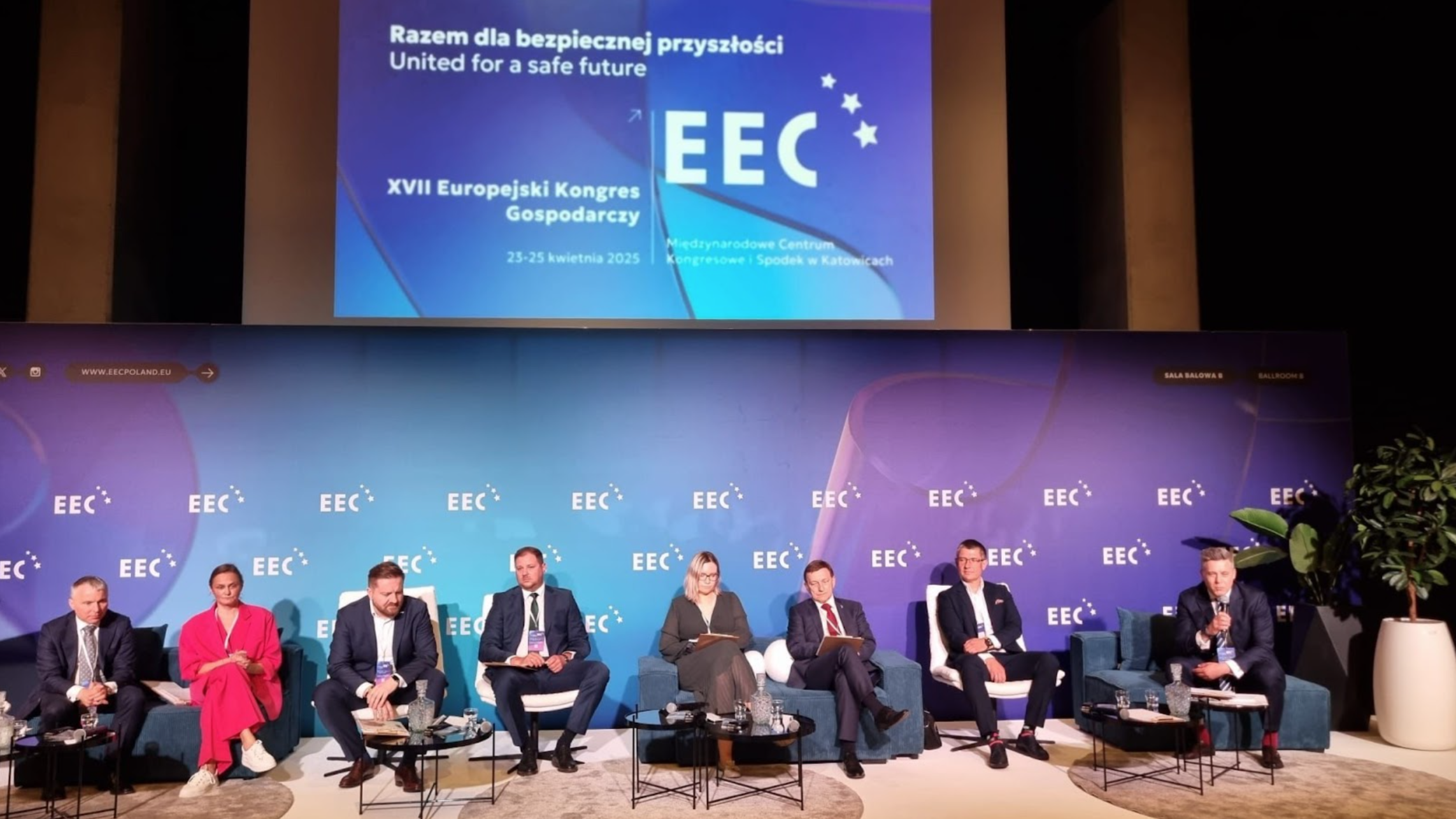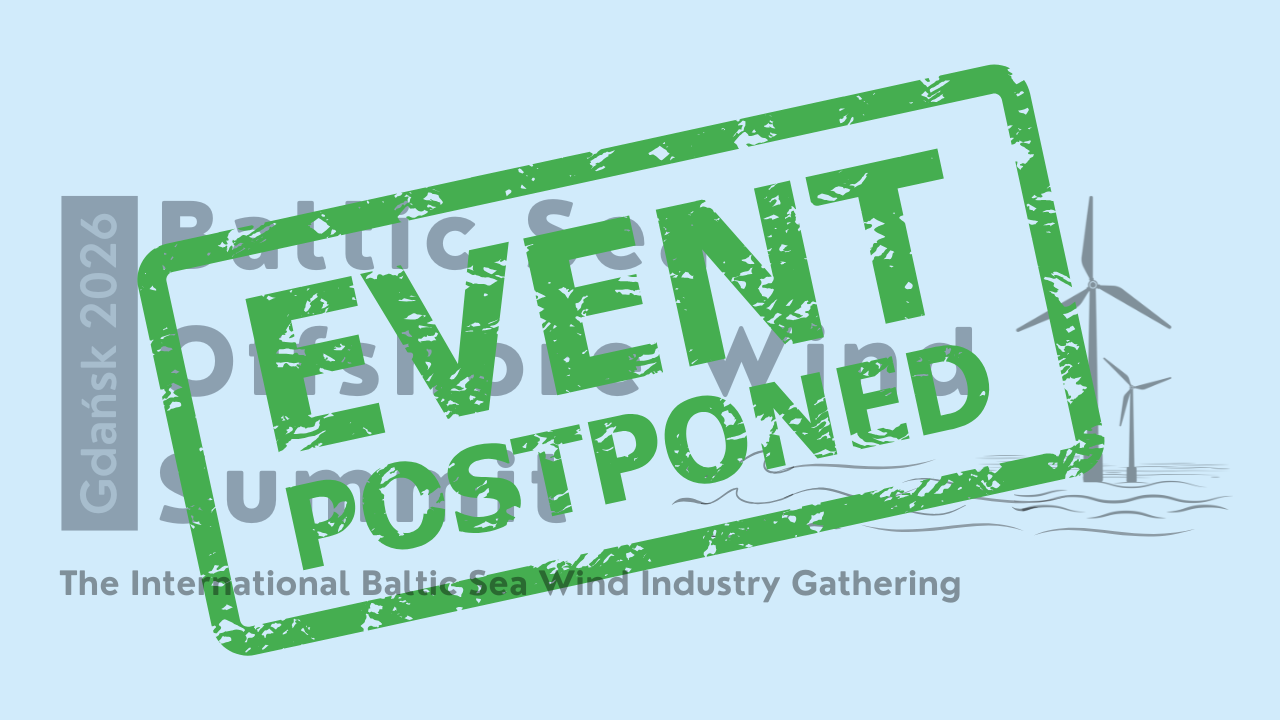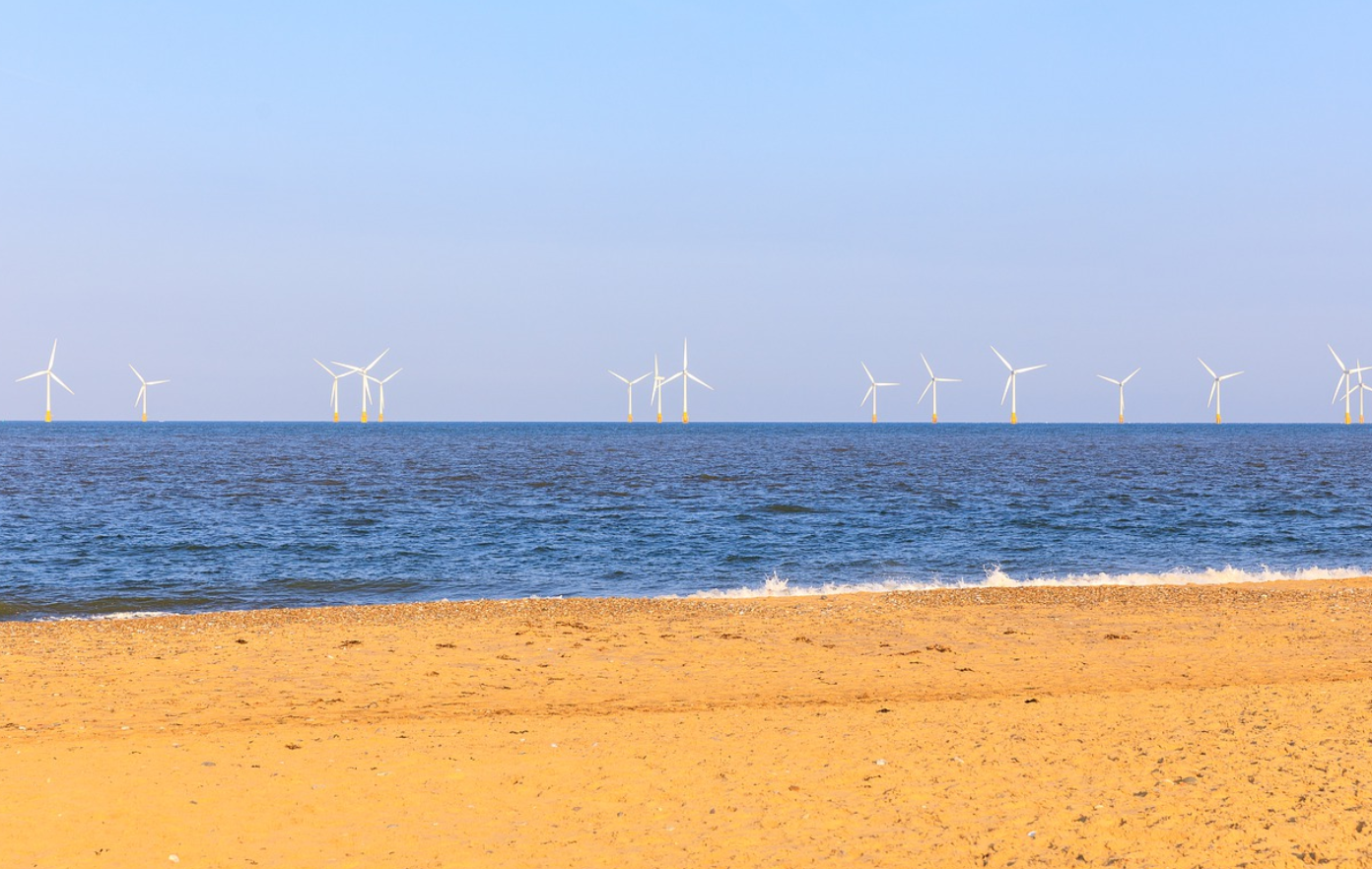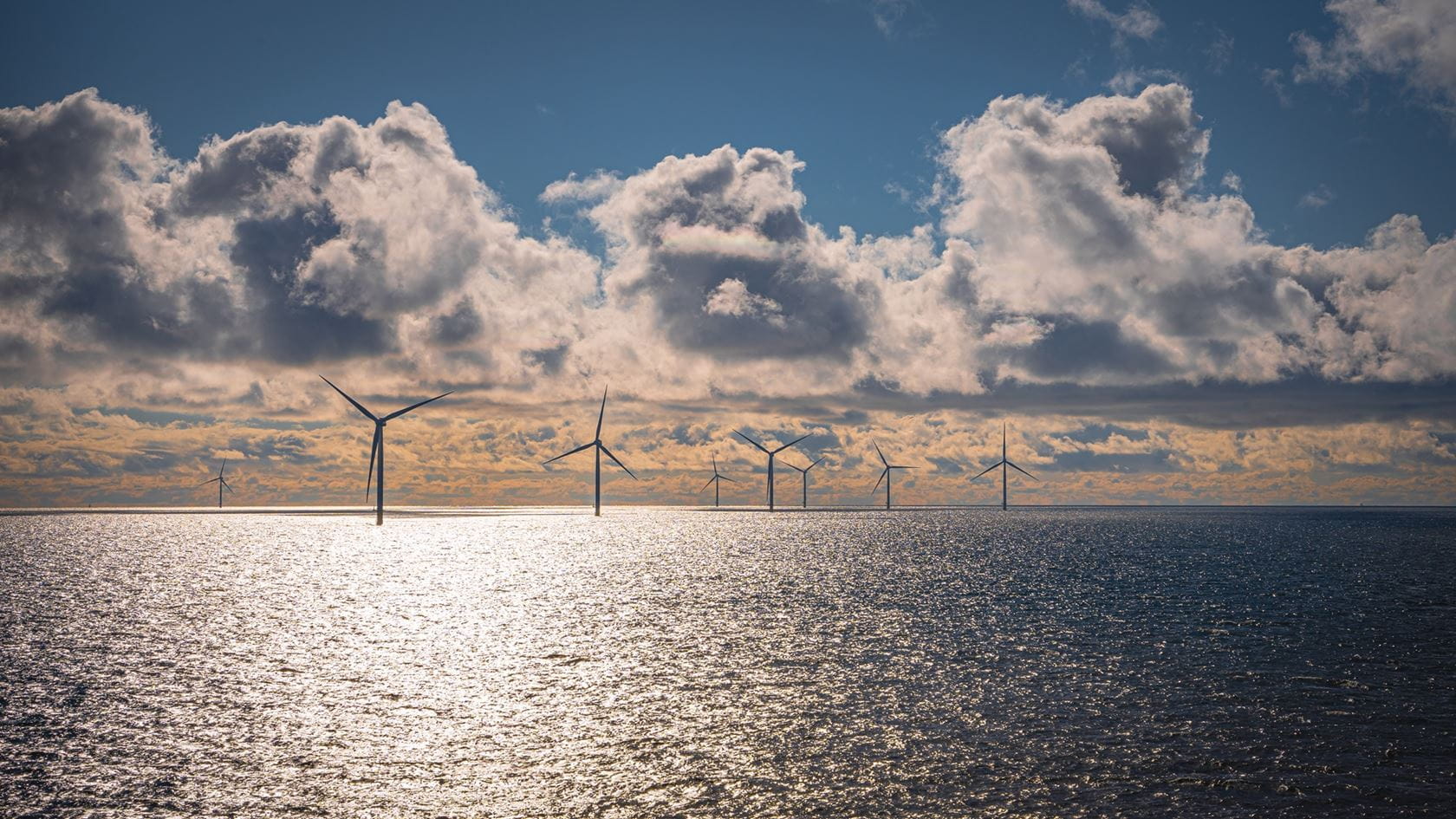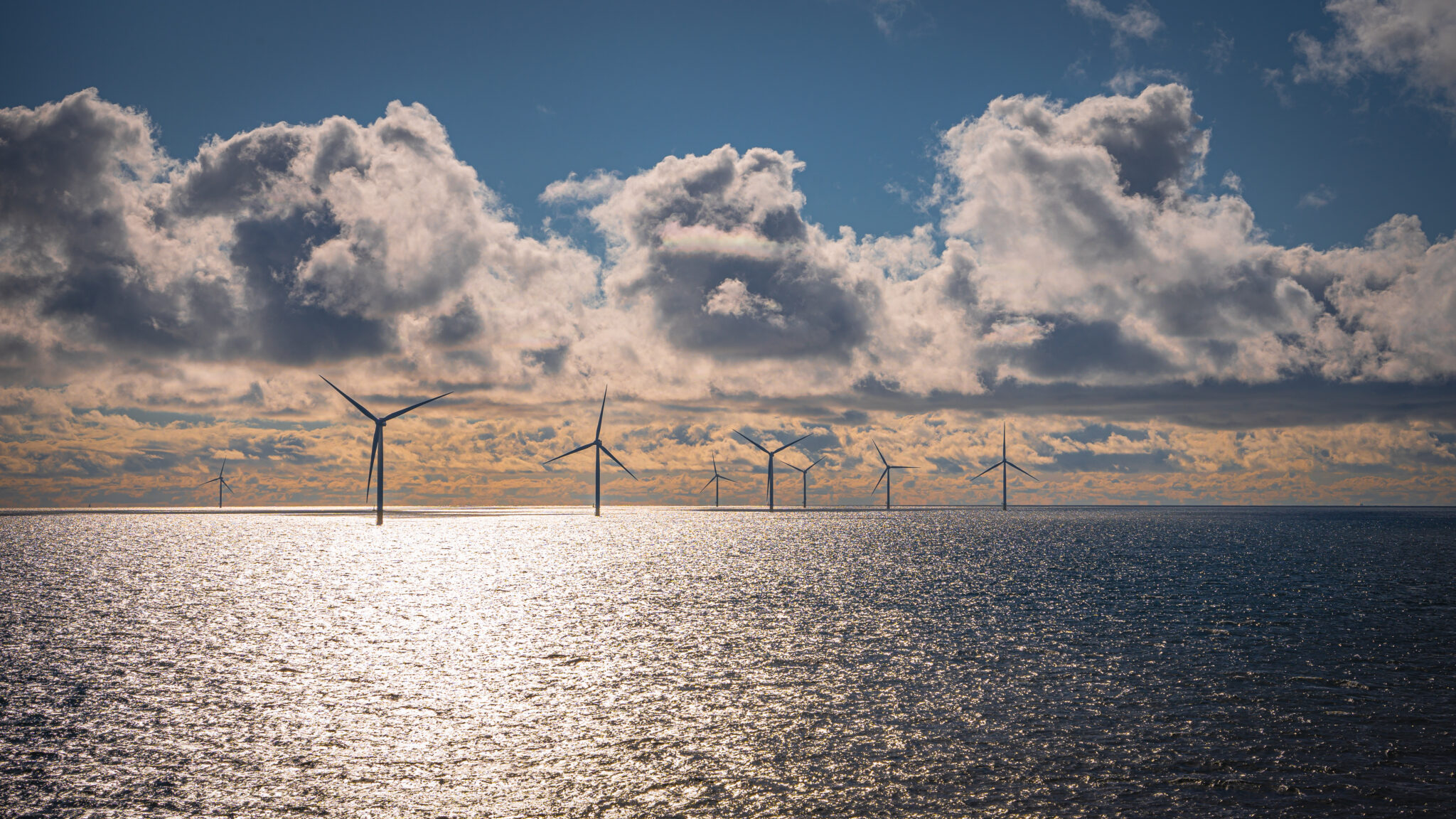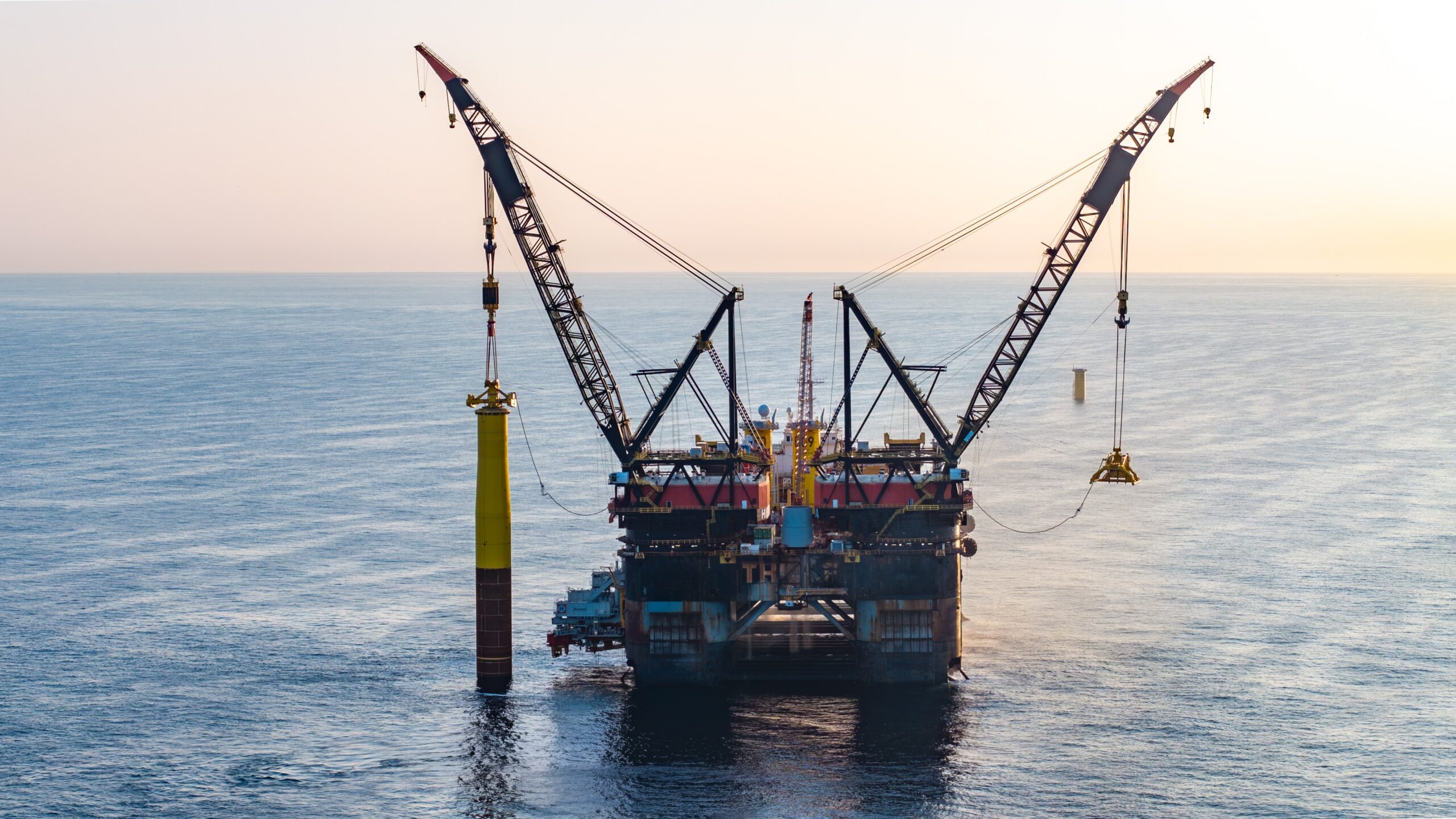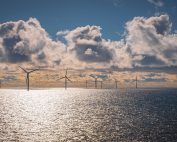At this year’s European Economic Congress in Katowice, a key debate for the future of the Polish power sector was held on the challenges of offshore wind energy development. This session, brought together representatives of leading companies, government administration and industry institutions to jointly analyse the current situation and identify paths to overcome the difficulties encountered. The discussion was attended by Janusz Bil, President of the Management Board of ORLEN Neptun; Alicja Chilińska-Zawadzka, CEO of EDF Renewables Polska; Bartosz Fedurek, CEO of PGE Baltica; Szymon Kowalski, Vice President of the Management Board of the Polish Wind Energy Association; Anna Latuszek, Deputy Director of the Department of Renewable Energy Sources at the Ministry of Climate and Environment; Krzysztof Telega, Vice President of the Management Board of the Industrial Development Agency SA; and Radosław Walaszczyk, Director of the Department of Renewable Sources at the Energy Regulatory Office. The discussion focused on the fundamental changes to be brought to the Polish electricity system by the planned 18 GW of offshore wind power.
Janusz Bil, President of the Management Board of ORLEN Neptun, emphasised that offshore wind energy is crucial to ensuring Poland’s energy security and independence. He pointed to the need to replace phased-out coal-fired units and reduce fuel import costs, which amounted to PLN 139 billion in 2023. He stated that offshore is the RES technology with the highest utilisation time, ensuring a stable energy supply. Addressing the issue of pricing, he noted that while safety and independence are a priority, the PWEA report shows that more offshore means lower prices for consumers in the future. He concluded that offshore today is the thing that has to be the future of the energy mix in Poland.
Alicja Chilińska-Zawadzka, CEO at EDF Renewables Poland, shared her company’s experience with offshore investments in different conditions. She noted that the current times are very difficult and challenging, with investments that once seemed financially attractive becoming more complicated due to rising costs (CAPEX) and lower energy prices, which has prompted some investors, such as those in the O&G sector, to pull out due to ‘very downwardly spiralling’ rates of return. She stressed that the ‘predictability of strategy and predictability also provided by law is the basis’ for such huge projects, citing the successful decarbonisation in France, which ensures the country’s energy security. She also noted the importance of the environmental task and public acceptance.
Bartosz Fedurek, CEO of PGE Baltica, emphatically stated that offshore is already a ‘reality’ and that investments under the first phase of support are underway, as evidenced by vessels participating in the construction process. He argued that offshore wind power is ‘very cost-competitive’ compared to conventional, nuclear and even other RES sources when broad system costs (value adjusted LCOE) are taken into account. He pointed out that it was crucial for the wellbeing of the sector as a whole, and local suppliers in particular, to have ‘continuity in the investment process’ and avoid an investment gap. He welcomed the inclusion of energy sales options and the search for economies of scale through infrastructure sharing.
Szymon Kowalski, Vice President of the Management Board of the Polish Wind Energy Association, emphasised that in order to effectively ‘develop the industry’ around offshore wind energy in Poland, we need to have ‘clear goals’. He pointed to a target of a minimum of 18 GW by 2040, in line with the National Energy and Climate Plan, but pointed out that Poland’s potential is much higher, reaching 33 GW. He stressed that it takes time and experience to develop the Polish industry (local content) and that ambitious, long-term goals are necessary to attract investment and build competence. He sees an opportunity for Poland to become a ‘European leader’ in the areas of design, component manufacturing or wind farm installation, which requires cooperation with more experienced players. He highlighted the progress of Polish companies in bidding for contracts and gaining experience, although he pointed out that the first projects are not fully representative and that it takes several years to build the sector.
Anna Latuszek, Deputy Director at the Ministry of Climate and Environment, assured that the Ministry is working intensively on amending the offshore wind energy law (UD162) in an effort to speed up the process. Addressing concerns often raised in the public debate, she explained that offshore wind and nuclear power ‘will not compete with each other’ in the energy system. She said the two technologies ‘are meant to complement each other’, playing ‘completely different roles’ – RES as a source of green energy and nuclear as a stabilizing element in the system. The Transmission Grid Development Plan for 2025-2034 also envisions both technologies.
Krzysztof Telega, Vice President of the Board of Directors of the Industrial Development Agency SA, presented the financial outlook, noting a significant increase in investment costs (LCOE of 50% from 2021) after an earlier decline. He listed the conditions necessary for a potential decrease in costs in the future, such as stable regulations, reduction of permitting time (currently an average of 10 years for offshore), repeatable processes, increase in local content (currently 21%, target >40%) and cooperation with experienced partners. He expressed skepticism about the possibility of financing projects without public support in the short to medium term,
Radoslaw Walaszczyk, Director at the Energy Regulatory Authority, discussed the challenges of the first offshore auction scheduled for December this year. He pointed out the challenges dependent and independent from ERO, the key of which is having ‘a minimum of three projects’ that meet the requirements for the auction to take place and be decided. He noted that ERO is leaning toward holding the auction in December, with an announcement planned for June.
Risks Related to Potential Delay of Offshore Auction
Risks related to the possible delay of the first offshore auction were of particular concern to participants in the debate. It was unanimously emphasized that failure to resolve the auction on the scheduled date would have very broad and negative consequences. The draft law UD162 provides for a ‘roll-up’ of projects for the auction scheduled for 2027, which would lead to the ‘accumulation’ of a large number of projects (e.g., 8 GW) on a single date, which is ‘detrimental to the liquidity of investments’ . This accumulation is also linked to the challenges posed by the Net-Zero Industry Act regulation, which from next year requires the inclusion of ‘non-price criteria’ in auctions, which will be a major challenge for the administration and investors. Bartosz Fedurek added that the consequences would be felt strongly by investors and suppliers who are already building capacity and engaging in supply chains, as well as ‘a very big hassle for both the companies implementing the projects themselves and the banks financing’ those projects. Szymon Kowalski concluded that the accumulation and delays mean that ‘it will be more expensive’, both for investors and energy consumers. He stressed the need for ‘all hands on deck’ and a quick response from the government should the auction be threatened.
Source: ECE & PWEA
